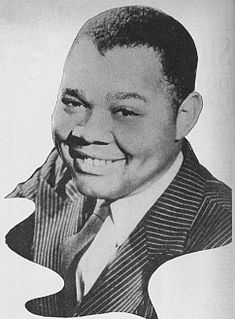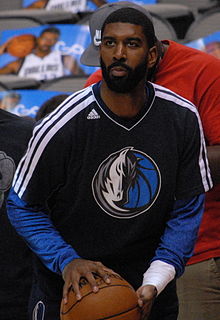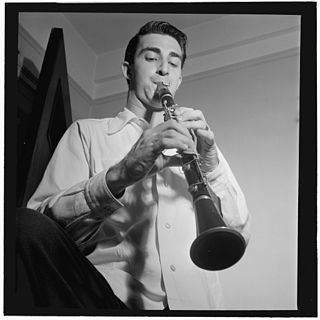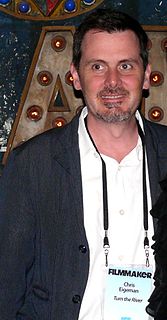A Quote by Jay McShann
They said Bird played bebop, but Bird could still swing. I've heard a lot of guys play bebop, but they wasn't swinging.
Related Quotes
[Charlie Parker] was kind of a sponge and intrigued by it all.That's similar to what Phil [Woods] told me about Bird, too. Like he was into cooking. He was just into a lot of things. Yeah, it's about dealing with bebop and jazz and Trane [John Coltrain] and post-Trane and knowing the history. But you've got to live. You have to experience things. Know something in this world. So it was a very deep education about what it means to try and be an artist.
When he first started - Jim Henson, who created Bid Bird and Oscar - he said Big Bird was just a big, goofy guy. And it was - a script came along and I said, 'I think Big Bird would be much more useful to the show if he were a child learning all the things we were teaching in the show.' And so he didn't know the alphabet, even, for instance.



































